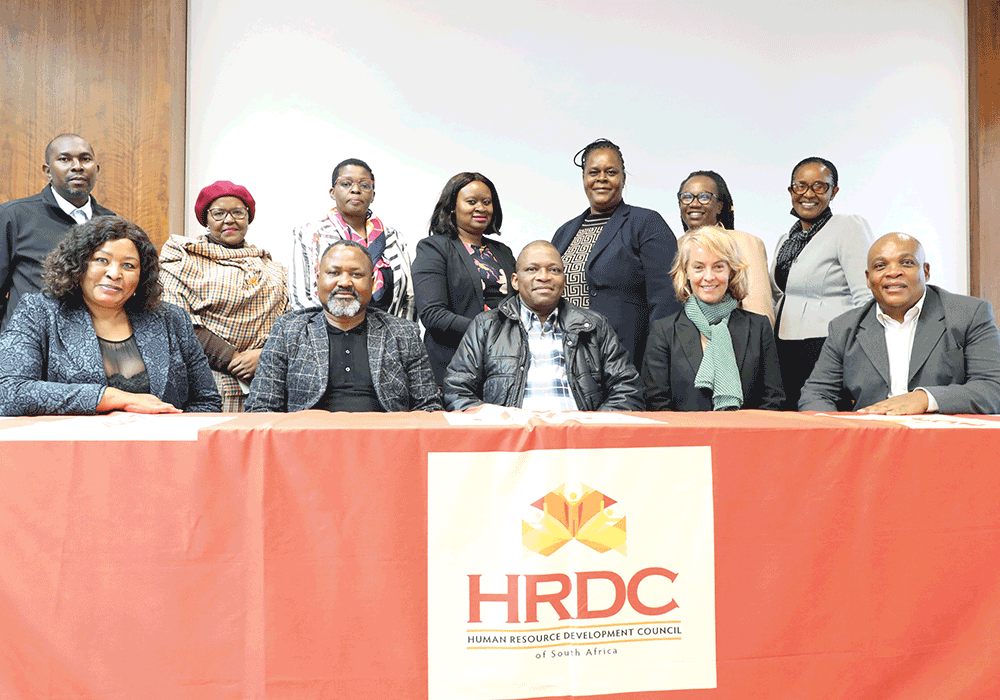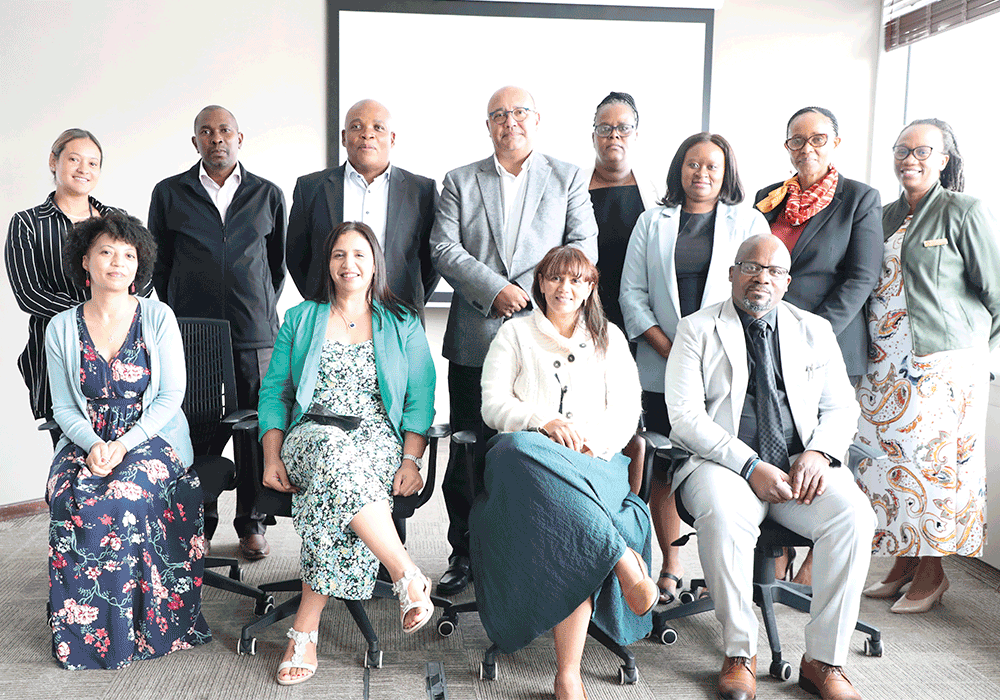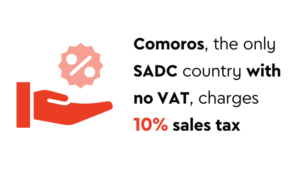The Human Resource Development Council of South Africa (HRDC) was established in 2010 to advise the government on all human resource development issues. Since then, a lot of work has been done, and many education and training challenges have been resolved.
With the advent of the COVID-19 pandemic, the well-known challenge of providing the requisite skills to grow the economy and get South Africa out of the economic slump that it is in, has become an urgent goal for the HRDC. The men and women who make up the HRDC have been carefully selected because of their expertise, knowledge and skills within their various sectors.
The HRDC – like many other organisations, if not more so – has had to rise to the challenge of delivering on their mandate despite the unplanned and new norm of remote working and total reliability on technology. When the new council sat for the first time, its task was to develop strategies on how to interface with the new national initiatives, such as the Economic Reconstruction and Recovery Plan (ERRP). Based on the ERRP, the departments of Higher Education and Training as well as Science and Innovation have developed the Skills Strategy and Innovation plans respectively.
The council has had to urgently think of how, in this climate of fear and uncertainty, to set human resource development priorities that will see the country using a co-ordinated multi-stakeholder approach to growing the economy and responding to current national imperatives. It could be argued that the work of ensuring human capital to respond to economic needs is the biggest lever required to push the country in the right direction.

Based on the above, the HRDC needs to be mindful of the requirements of the future of work and embrace digitalisation, re-skilling and to also ensure the outcomes in transformation and development of South Africa’s strategic resource – its people. Major achievements of the HRDC include the following:
- Bringing to the fore the importance of the maritime economy and skills to the South African economy (through a partnership between the South African Maritime Safety Authority and the Department of Higher Education and Training)
- The development of an e-portal, by the Department of Small Business Development, for the provision of information to upcoming and existing entrepreneurs
- The establishment of a central database for registered artisans and the development of the turnaround strategy for the Technical and Vocational Education and Training college system (by the Department of Higher Education and Training).
There have been many more demonstrable successes of the HRDC during its two terms since establishment.
The HRDC is currently in its third term, which began in December 2020, with newly nominated heavyweights from various social-partner constituencies, and an urgency to make an even bigger impact.
Although a full and more detailed review of the work of the past five to 10 years is yet to be undertaken by the new council, a quick observation points the new term to focus on, among others, the following:
- Strengthening the leadership of human resource development in the country
- Strengthening the response to new initiatives such as the ERRP as well as the District Development Model
- Recalibrating the HRDC to take up its central role in society in advising the government on matters concerning HR development
- Recalibrating the HRD Strategy Towards 2030 to align with the current national priorities and policies.
The next few months are going to highlight evidence-based human resource development priorities that are aligned to national initiatives and policies that will assist the government in responding to current economic challenges.
These priorities will be linked to the following five strategic goals of the HRD Strategy Towards 2030:
- Strengthened basic education and foundation programmes in STEM subjects (science, technology, engineering and maths), as well as languages and life skills
- Expanded access to quality post-schooling education and training
- Improved research and technological innovation outcomes
- Production of appropriately skilled people for the economy
- A developmental/capable state with effective and efficient planning and implementation capabilities.

The new term of office for the HRDC therefore offers an opportunity for renewal and strengthening of the work of human resource development for the next five years. The following constituencies are represented in the council:
- Organised labour
- Organised business
- Academia
- Civil society
- Government ministers.
Twelve ministers also serve as members of the HRDC, representing key ministries that partner to implement the human resource development strategy.
It is this group of powerful minds that the nation looks to for leadership in setting the national human resource development agenda and goals.
The next five years under their leadership promises a significant impact in addressing the shortage of skills and human capital development in the country.
















